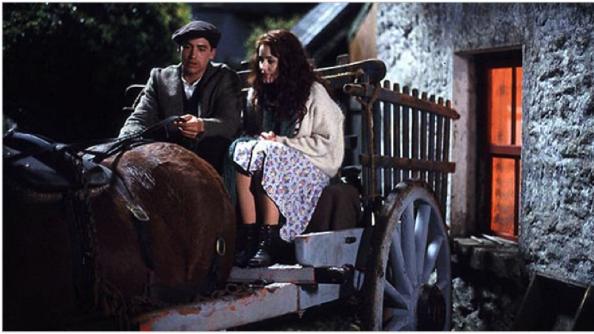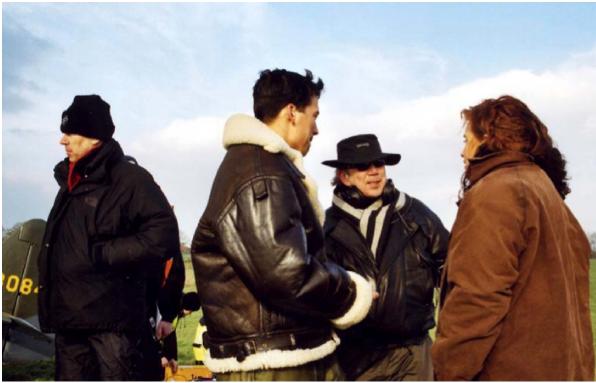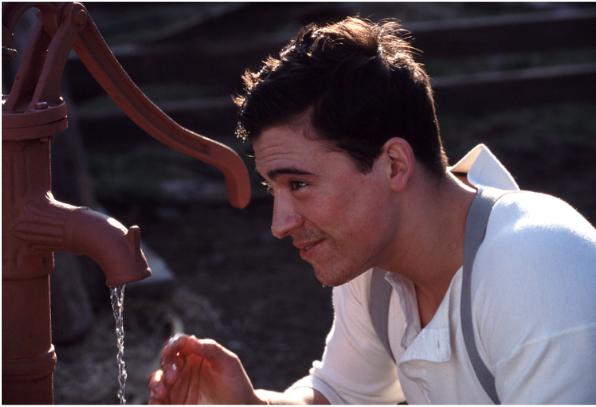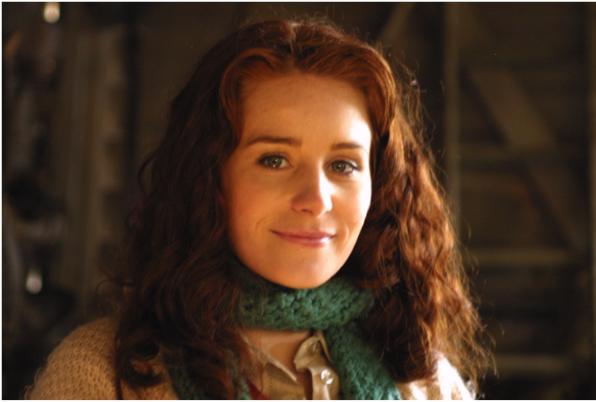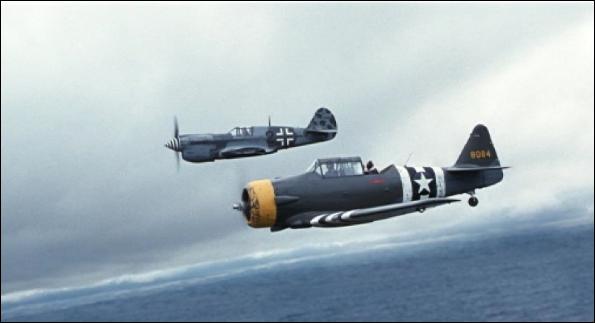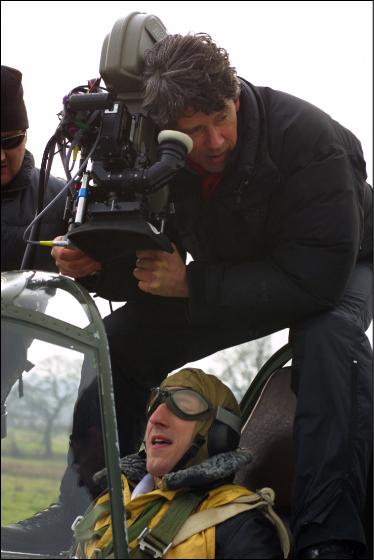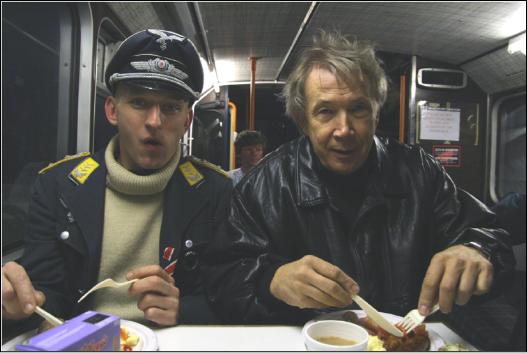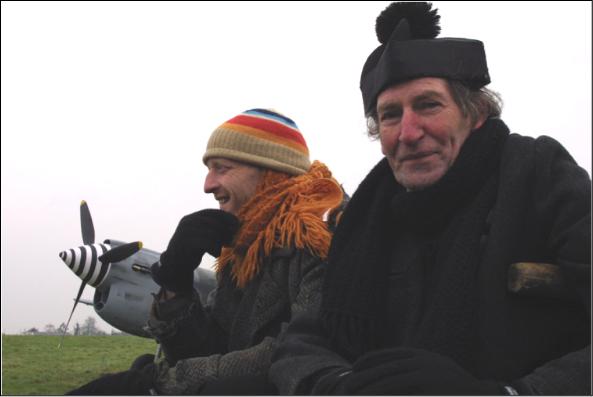WAITING FOR DUBLIN Q & A with director Roger Tucker
How was your experience in filming in small village in Ireland? Roger: Some of our locations in Ireland dated back to a time before they had farm gates. To get cattle in and out they had to take down walls dividing the fields and then build them up again afterwards. But, nowadays Ireland is no longer the poor place it once was and it proved difficult on occasion to avoid the bungalows painted in lurid shades of crushed raspberry, blackcurrant and lime. Only the elderly preserve the simple ways of old.
What was it like working with Andrew Keegan — teen heartthrob? Roger: A star’s life is not all glamor: Andrew came straight from surfing the beaches of California to being drenched with gallons of icy water on a windswept hillside in mid-winter Ireland. But he took it like a man. The physical endurance needed to be a film actor is something that is often not appreciated. For an actor to preserve concentration while their teeth are chattering, and give the illusion of spontaneity while their joints are seizing up, is no mean thing.
Roger (cont.): Of course, off-camera Andrew often had a posse of girls in hot pursuit, but in some rural areas the actor causing the biggest stir was Frank Kelly, who plays Thaddius, the policeman from Dublin bribed with two bottles of whiskey. The Irish authorities nowadays are very sensitive about their country being portrayed as a land of drunks, but, nevertheless, Frank has become a national treasure through playing a priest who is permanently blotto in a long-running series on Irish TV. Jade (“Maggie’) was cast after extensive interviews to embody the feisty spirit of Irish womanhood. It was my idea to give her that wild banshee hair.
Tell us about the process in filming the WWll airplane sequences – over water? Roger: The flying machines were the real prima donnas and had to be pampered accordingly. There are only a small number of these WWll planes left that can still be flown and every one is known and numbered. No-one nowadays is prepared to throw them around and bounce them over rough fields the way that the flyboys did during the war. Every bit of ground they went over had to be closely examined, and while our pilots were only too eager to pull stunts the weather conditions had to be just right. This was almost our undoing. On the days when they were scheduled to be in the air impossibly blustery winds prevaled. At last, with only a few hours of light remaining the signal was given that we could go, and everyone scrambled like a real-life air-raid. Our carefully planned storyboards went to the wind. and we just had to grab anything and everything we could.
Since this film takes place during a very specific time period, what were some of the wardrobe challenges, if any? Roger: The real challenge to the wardrobe department was that they had to find the period clothes, not once, but twice. During our move from studio in Galway to location in Wicklow the entire costume cache was inexplicably lost. With no time to spare they had to start over and worked strictly according to the shooting schedule to provide costumes as required. The uniforms were relatively easy because these are standard, but all the others were unique period pieces which had to be matched. It is remarkable that I am yet to meet anyone who has noticed any gliches in the continuity.
In addition to the wardrobe malfunctions, what was the most challenging aspect of making the film? Roger: I think that making a film is a bit like going to war. You know from the outset that you are going to sustain losses, so you have to start out with a lot of good ideas to see you through. This was one of the toughest shoots I’ve had, and, at one time, few thought the film would ever be finished. But, when you are through to the other side, it is not the pain that you want to remember but the moments of pleasure. I am thrilled that all our efforts were rewarded at the Moondance Film Festival and that the film is now going to be seen by a wider audience.
Share with us your favorite “Irish” moment. Roger: At one time Andrew became perplexed that the Irish dialogue seemed to keep on repeating itself. He suggested that half of it was redundant, and should be cut. All the Irish actors looked at each other and then back to Andrew, before Des Braiden, (who plays Father Quinlan), explained; “Ah, but we always say things twice, so we do.” To which the others all chimed in: “Aye, that we do.” Andrew had to concede that in Ireland the usual rules do not apply.
Roger Tucker was talking to Beth Portello. |
|
